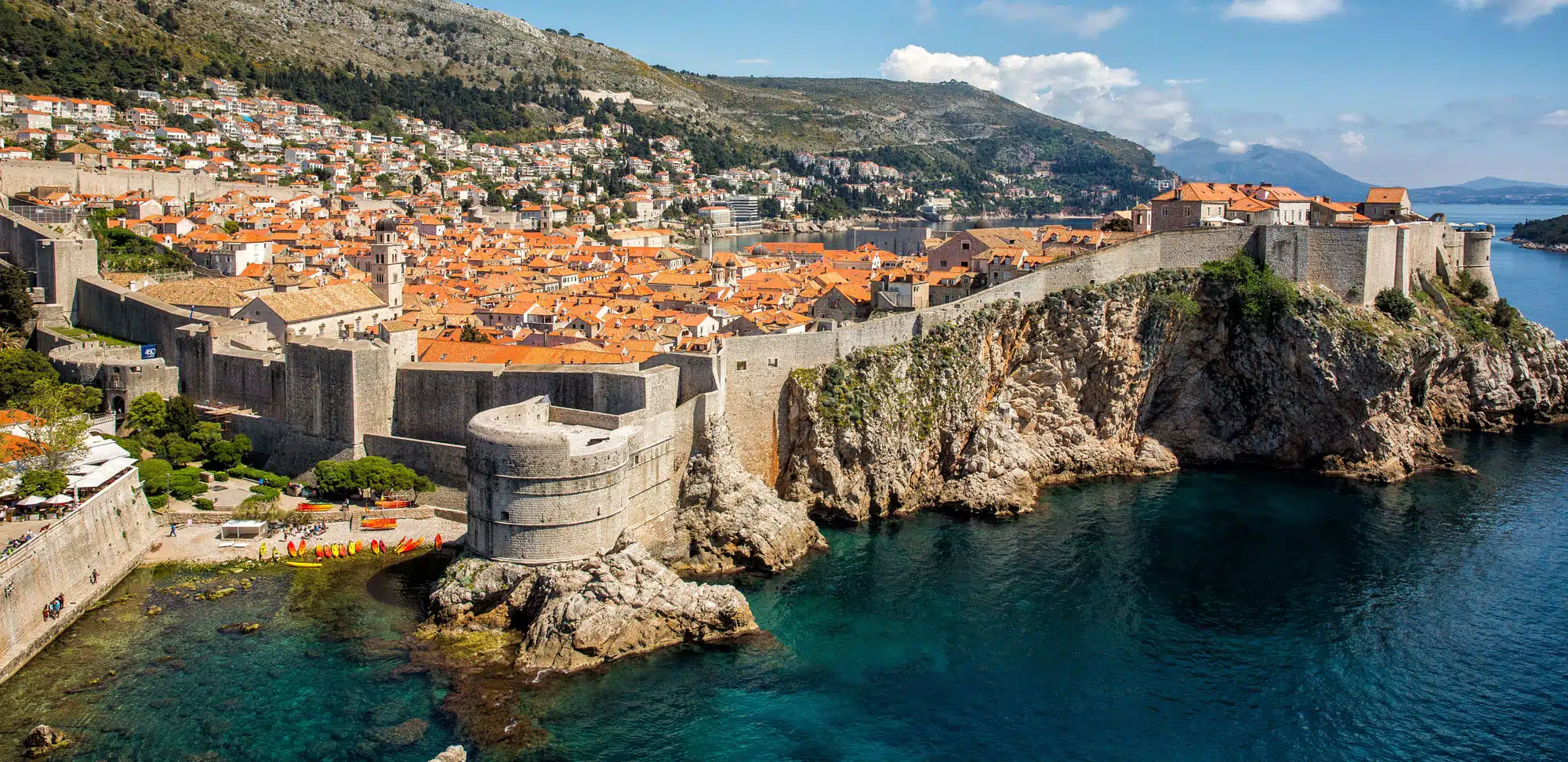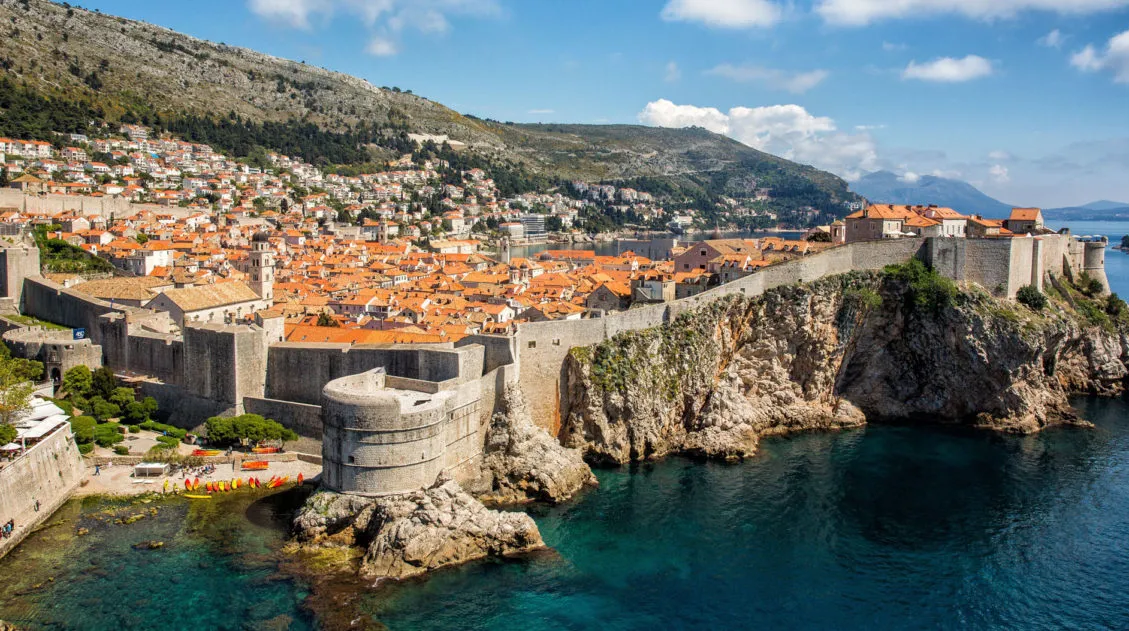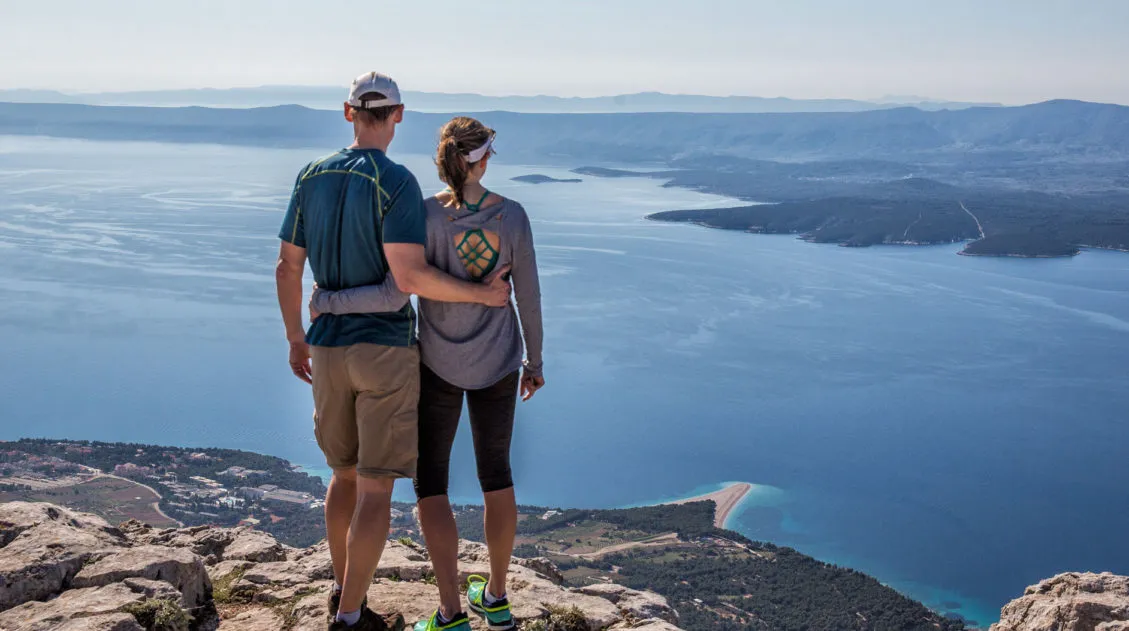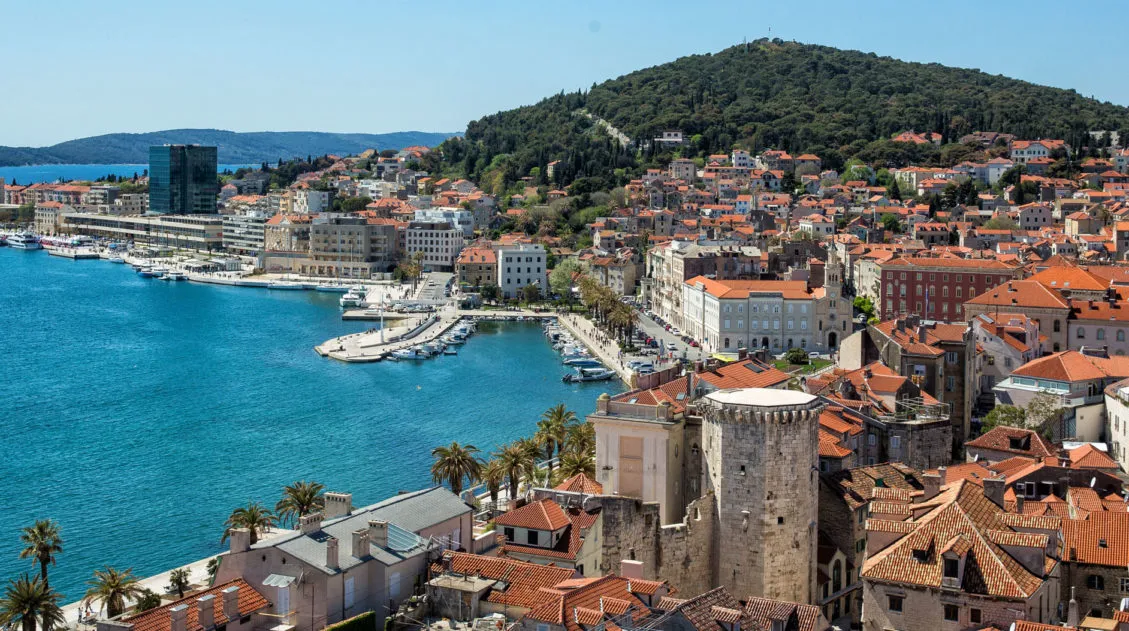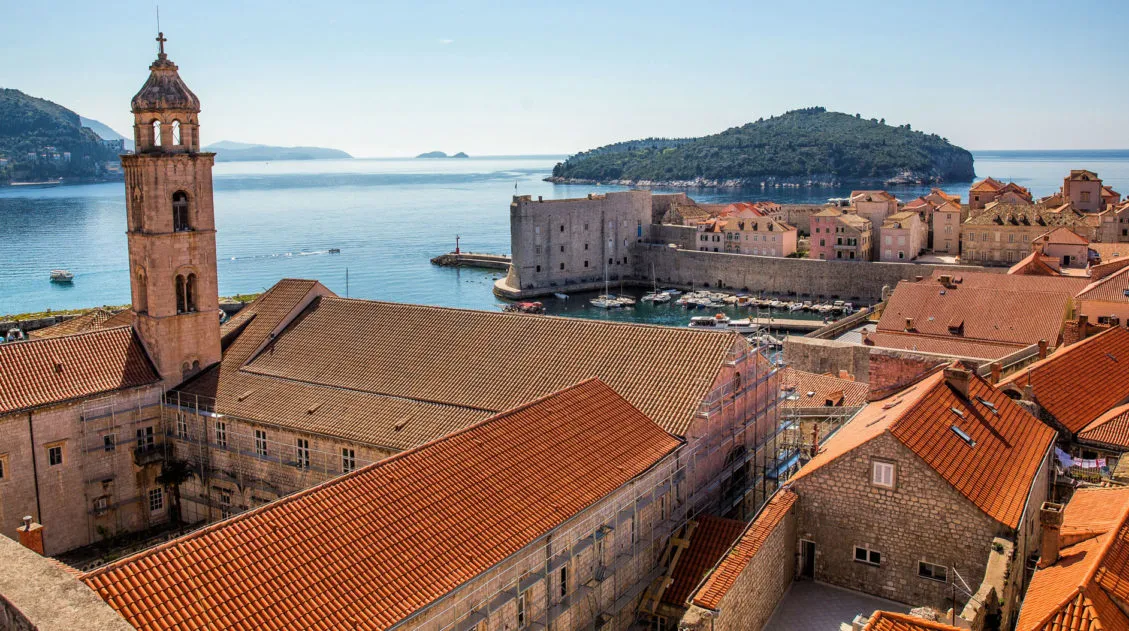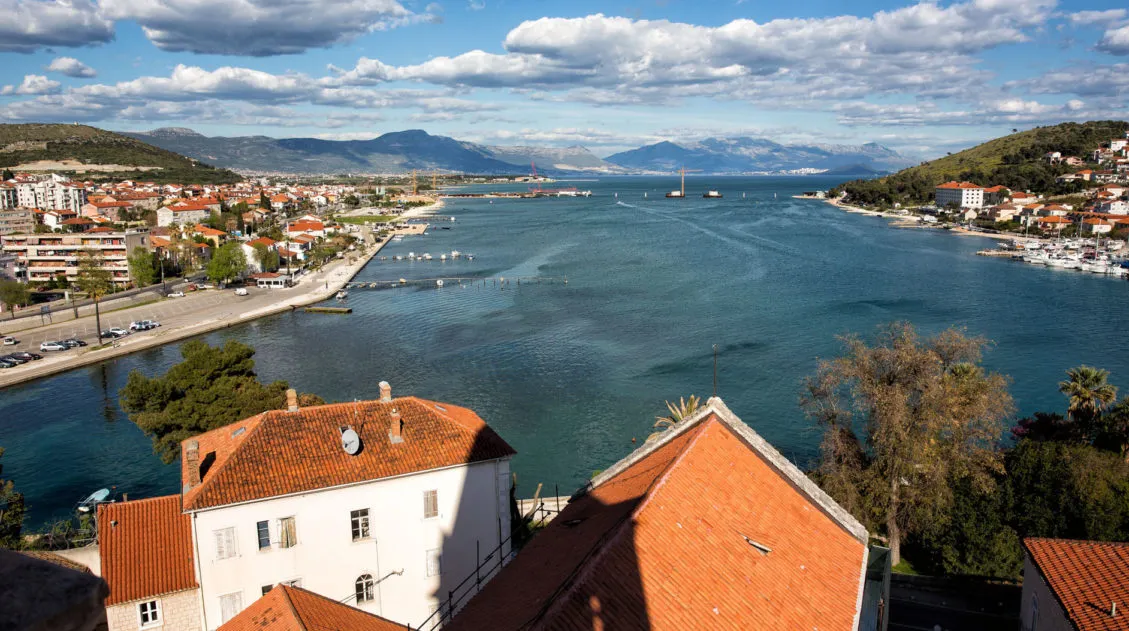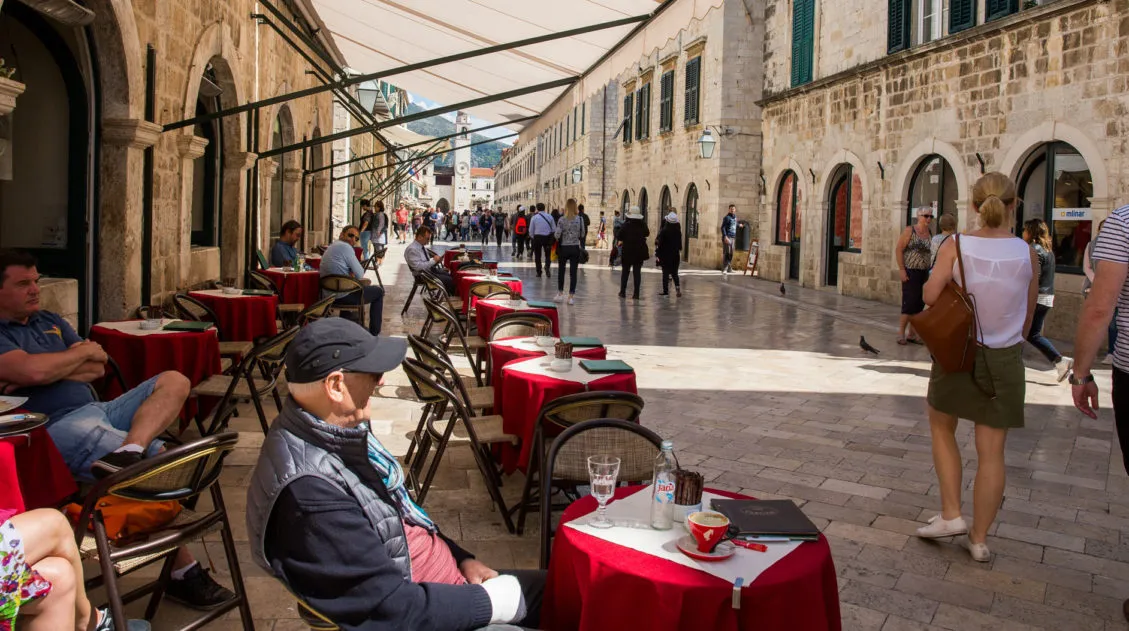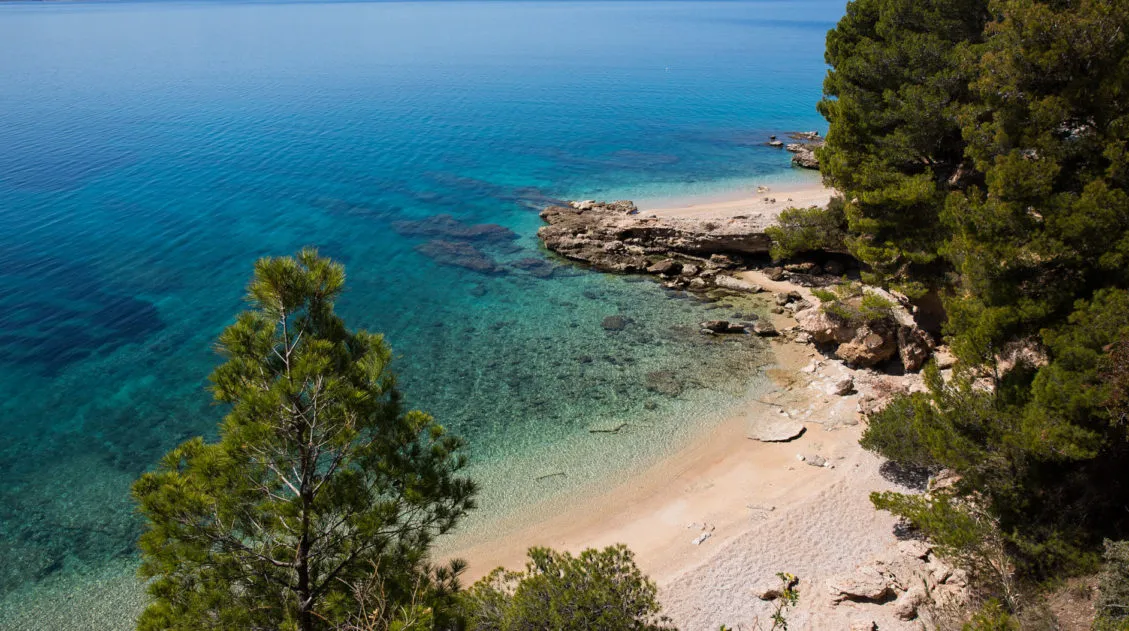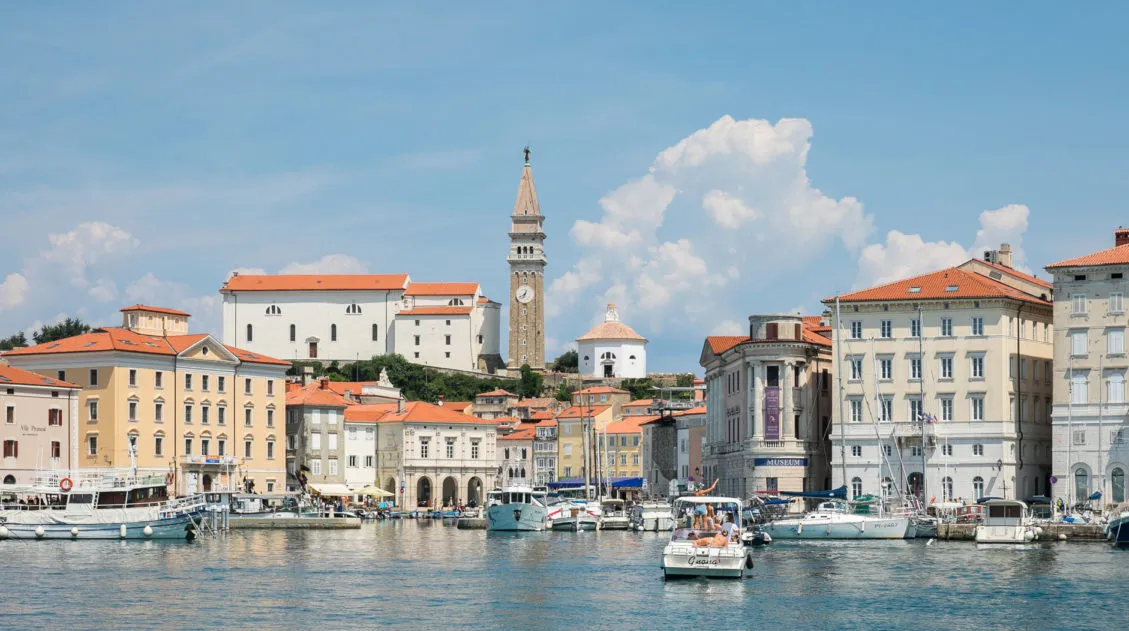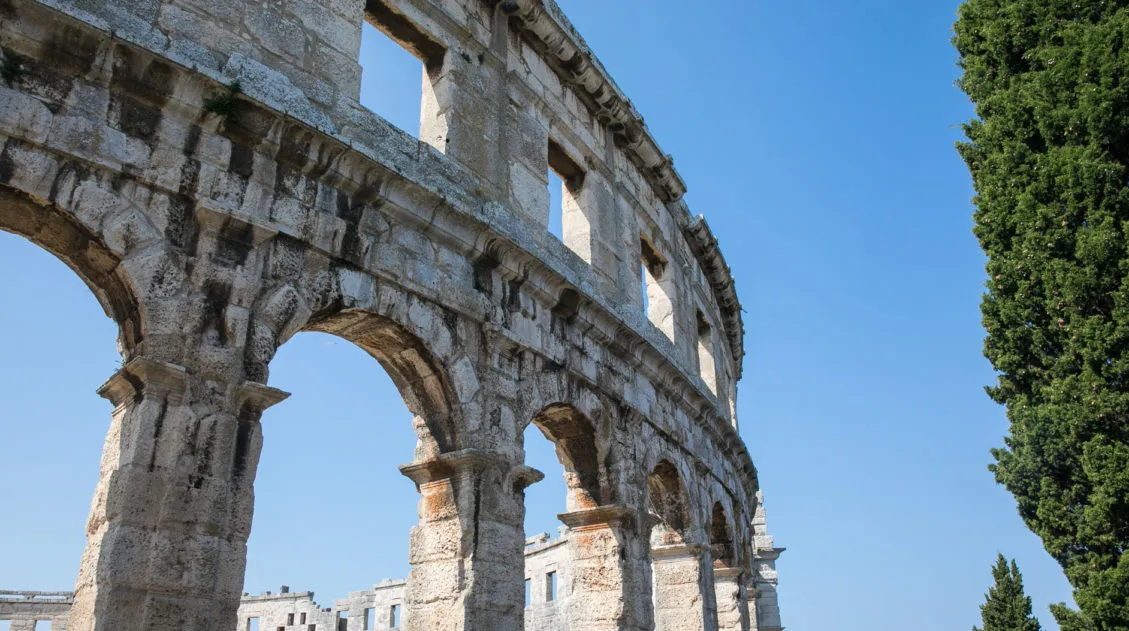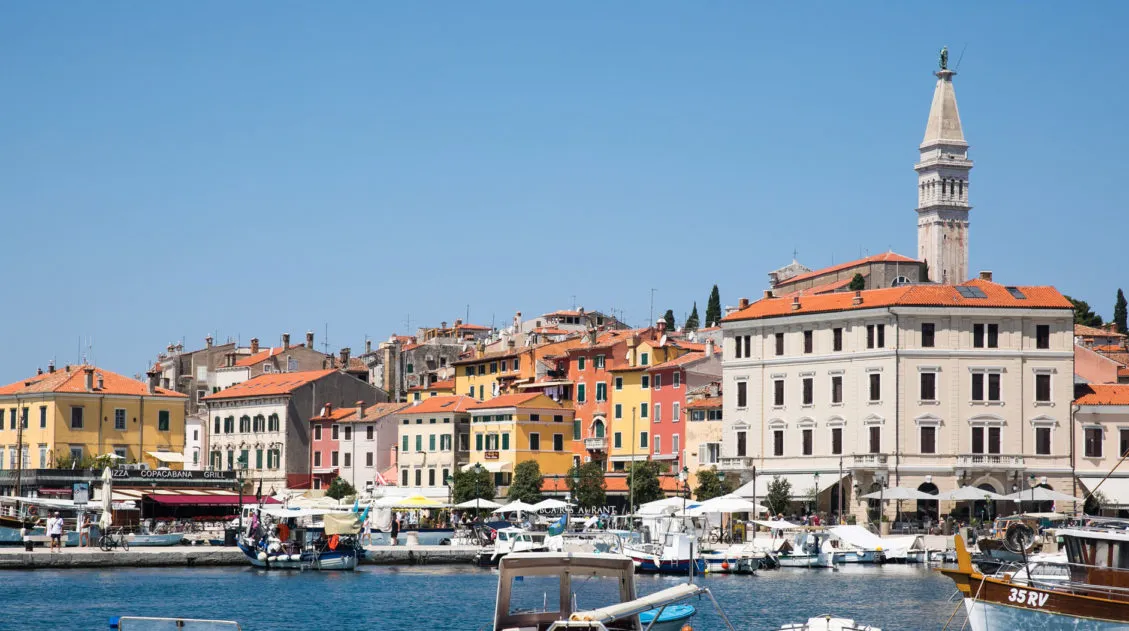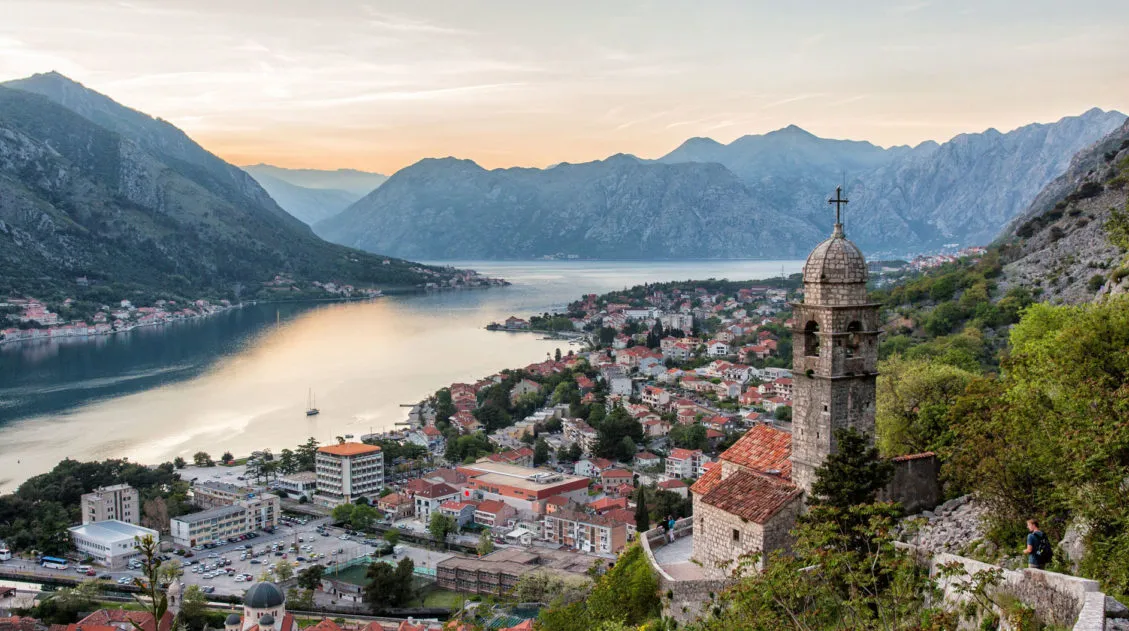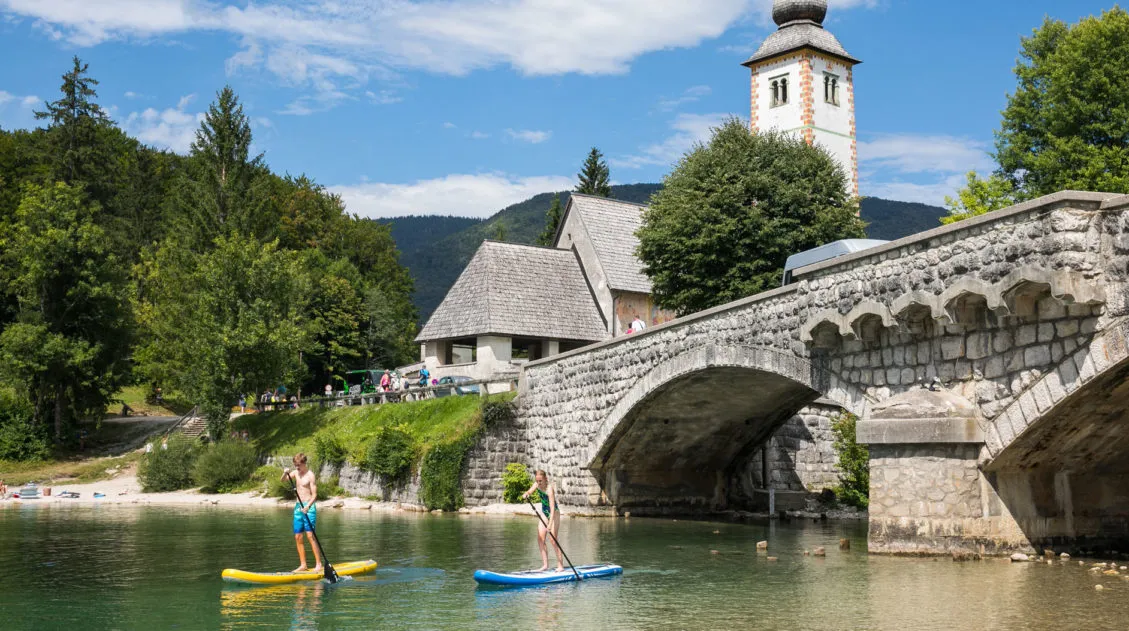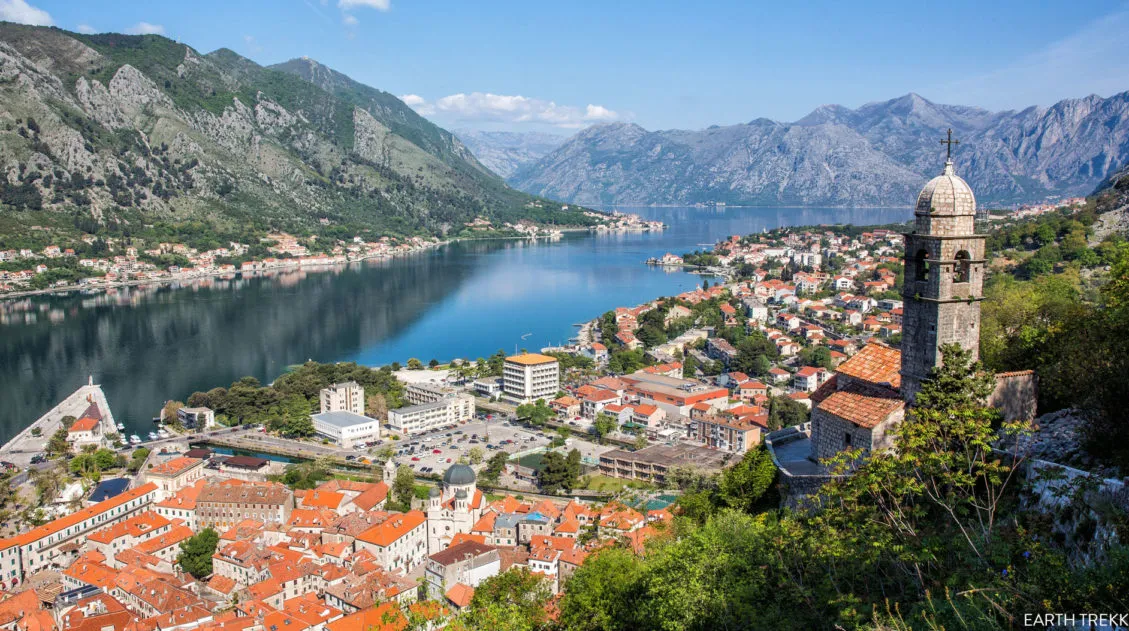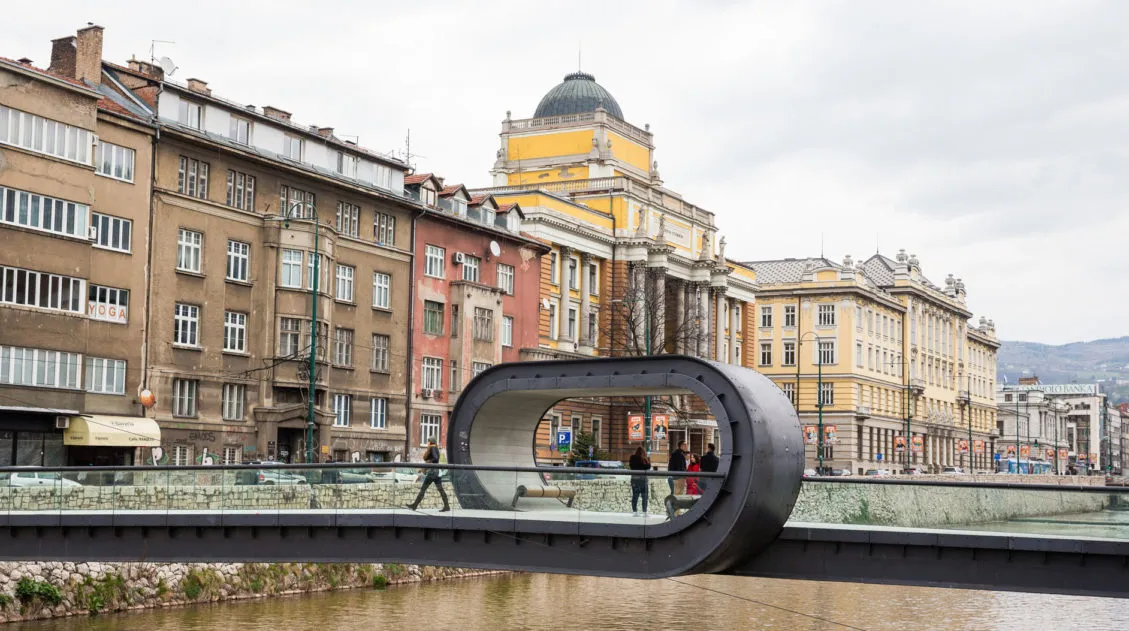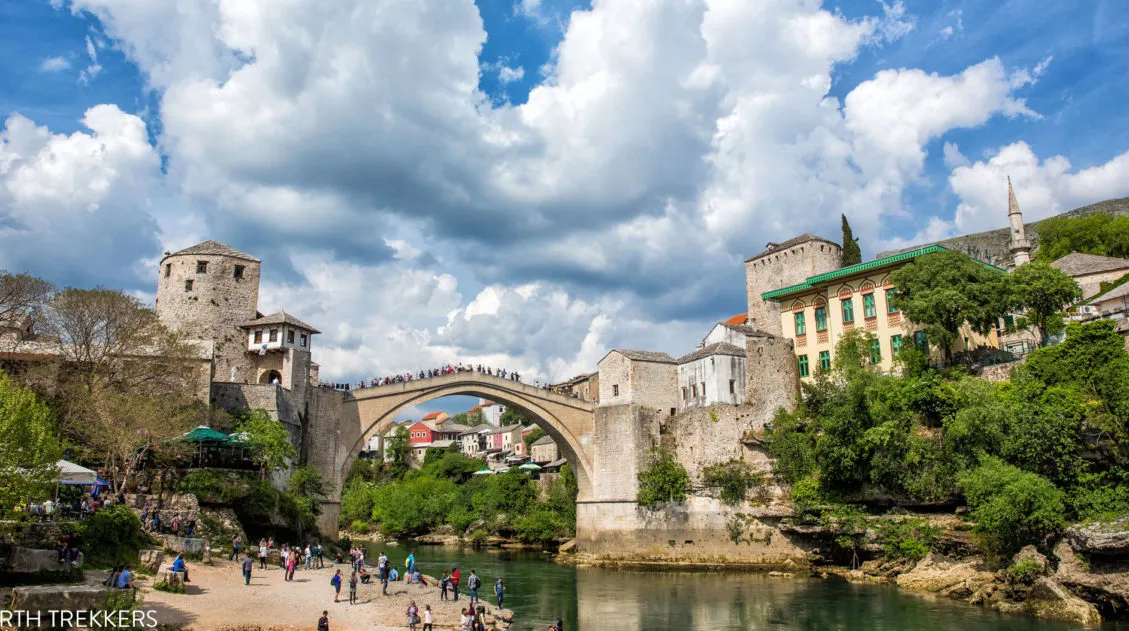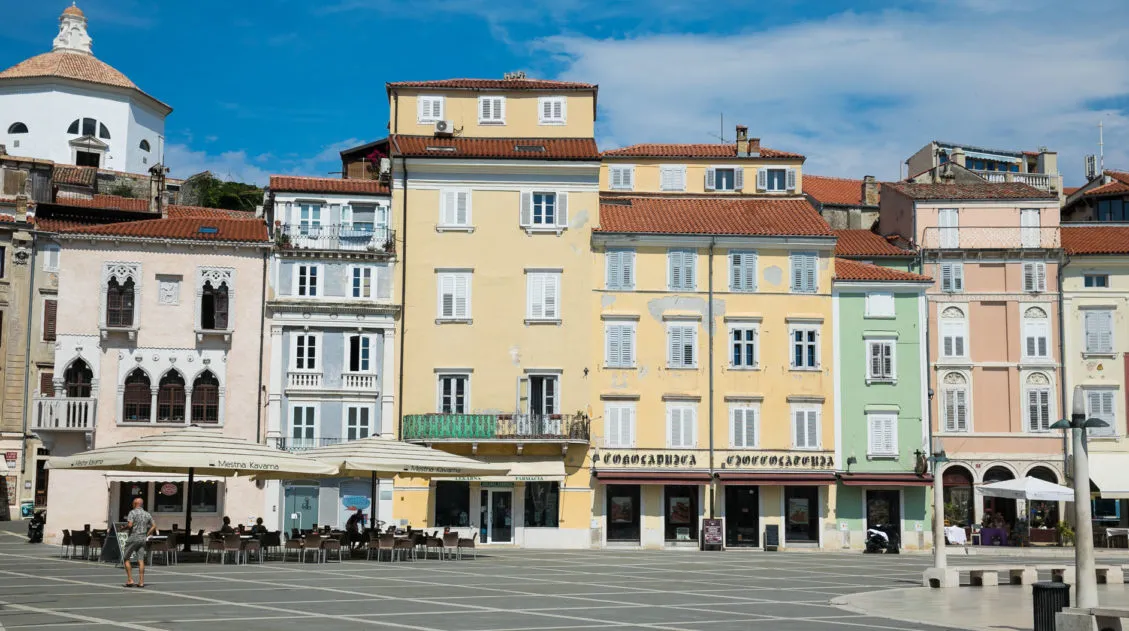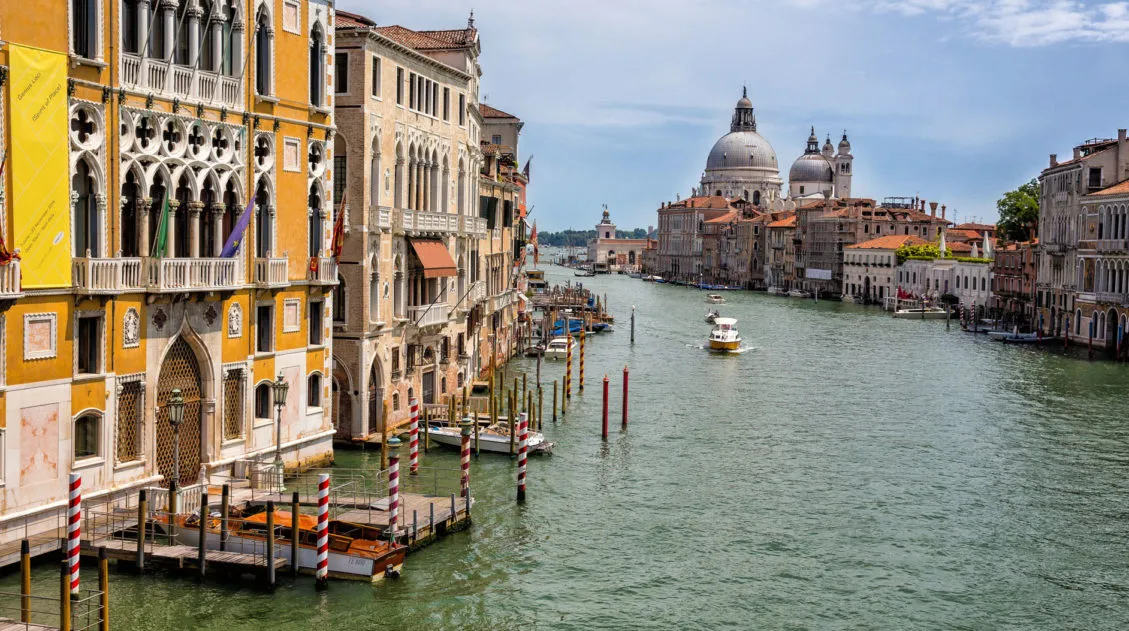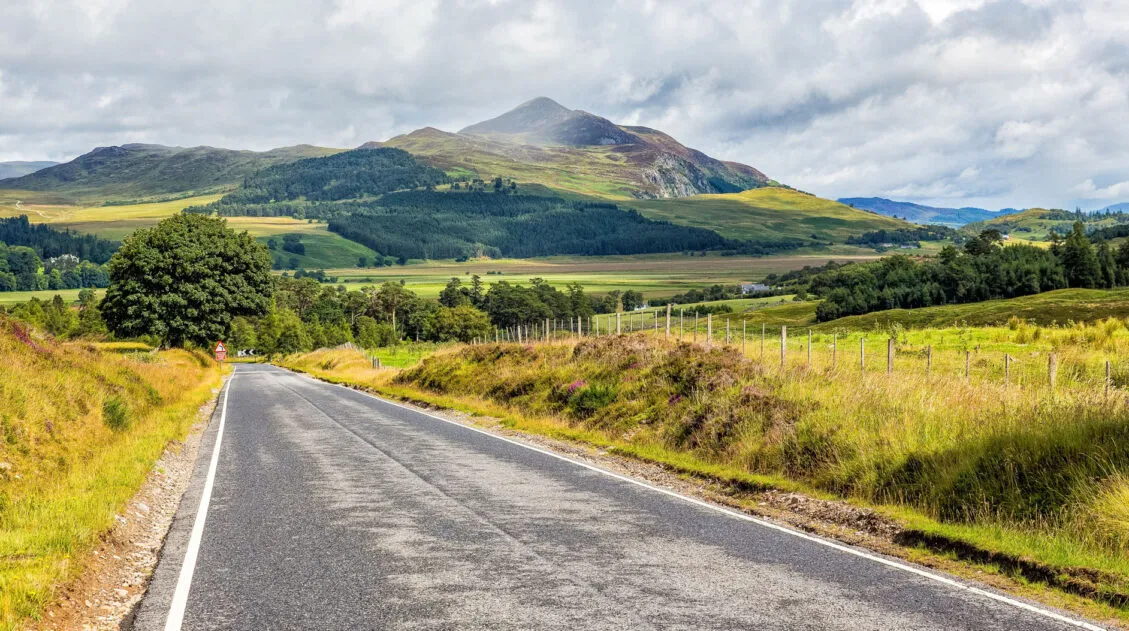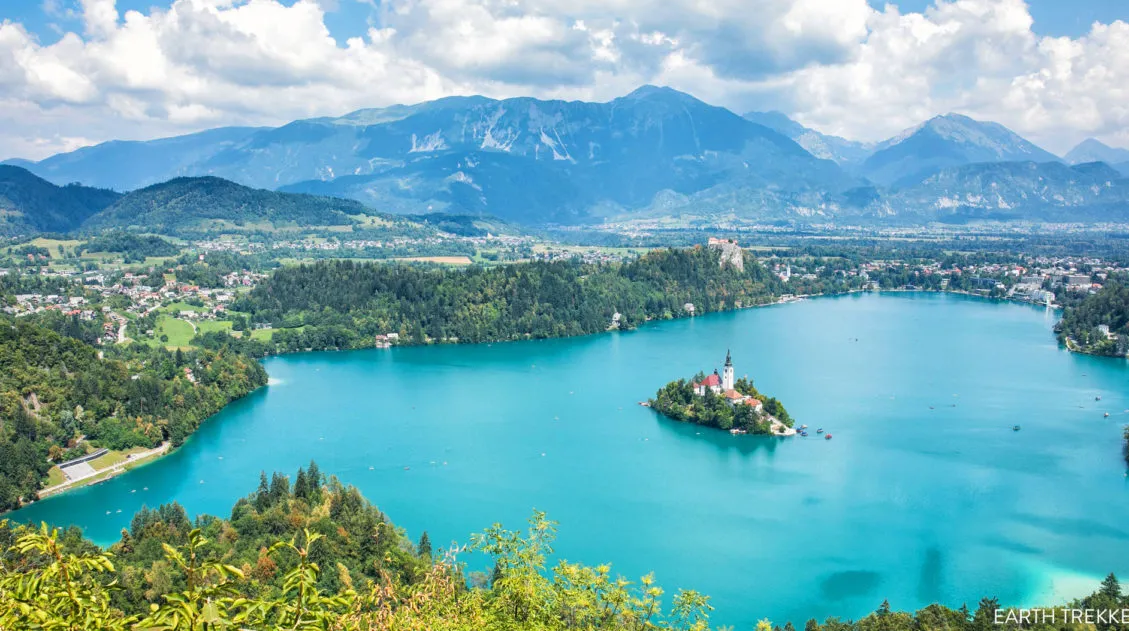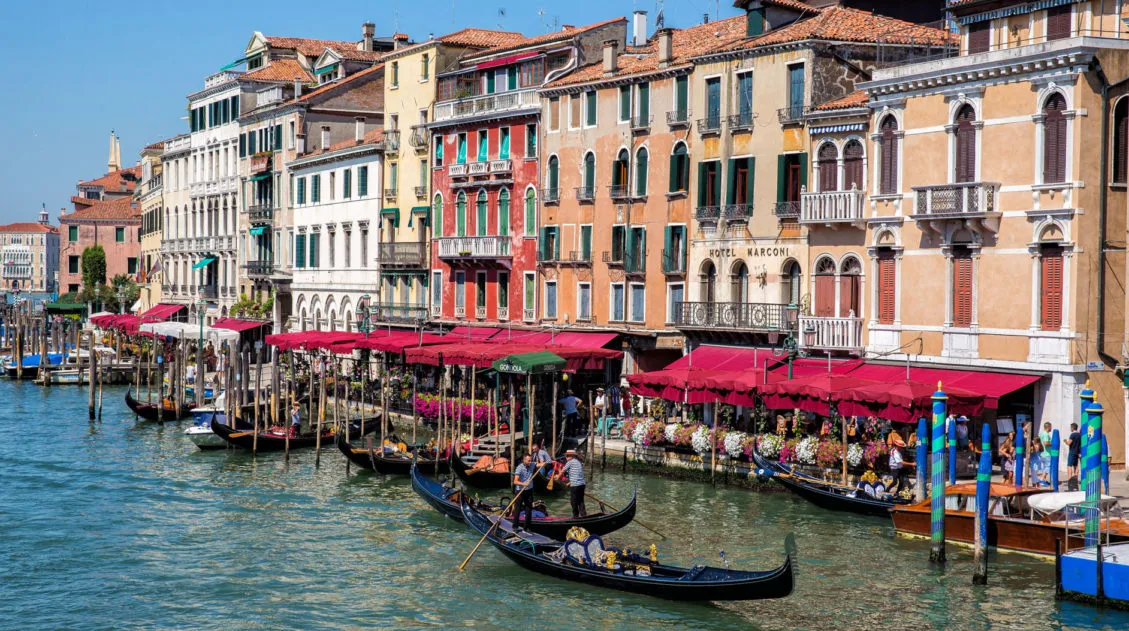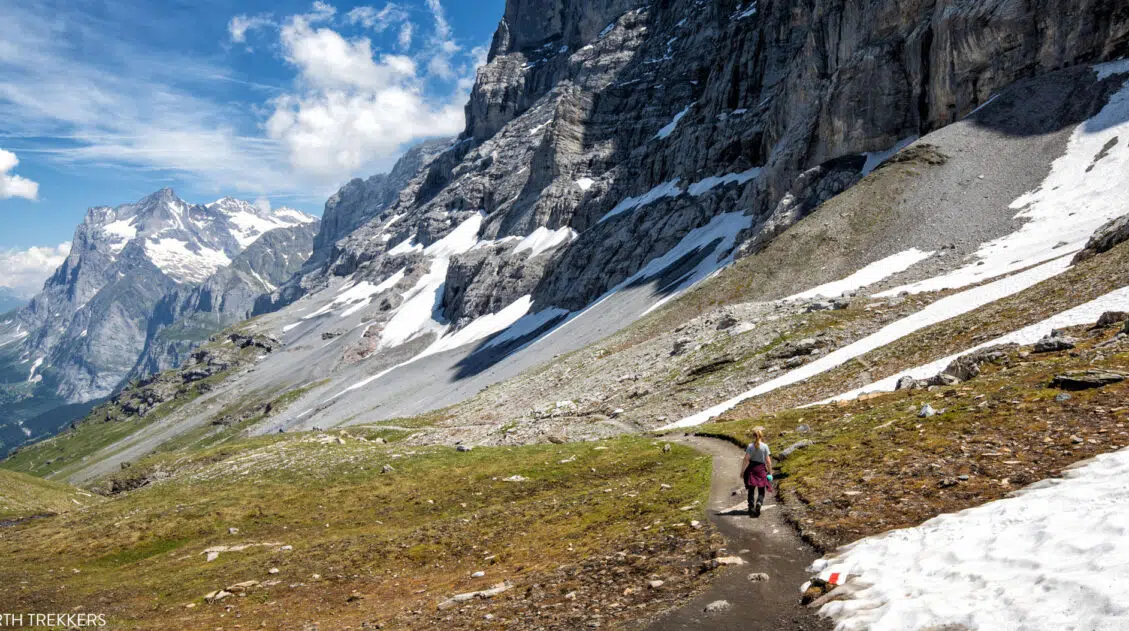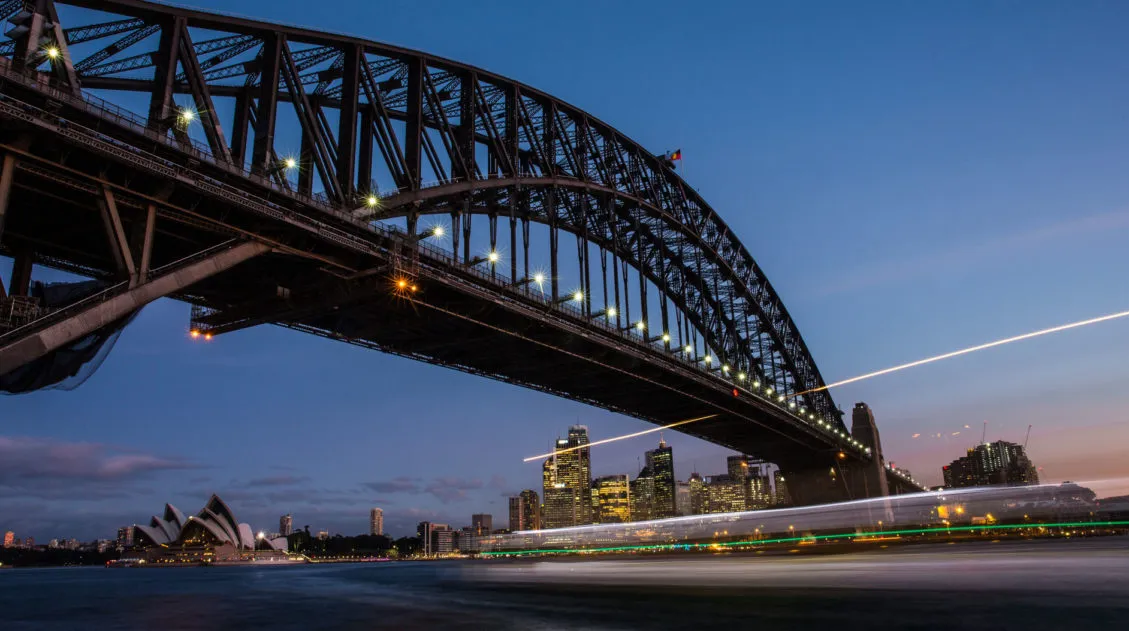Croatia Travel Guide
In Croatia, there are an abundance of breathtaking destinations just waiting to be experienced. With long stretches of dazzling, sapphire coastline along the Adriatic sea, a treasure trove of islands, alluring waterfalls, and numerous natural wonders, there is a lot here to keep you busy. Charming coastal towns complete the picture and it is hard not to say “Wow!” time and time again. Come visit Croatia and see for yourself everything this beautiful country has to offer.
Croatia Stats
Official Languages: Croatian
Population: 4 million
Capital City: Zagreb
Currency: Euro
Power Outlet: Type C & F
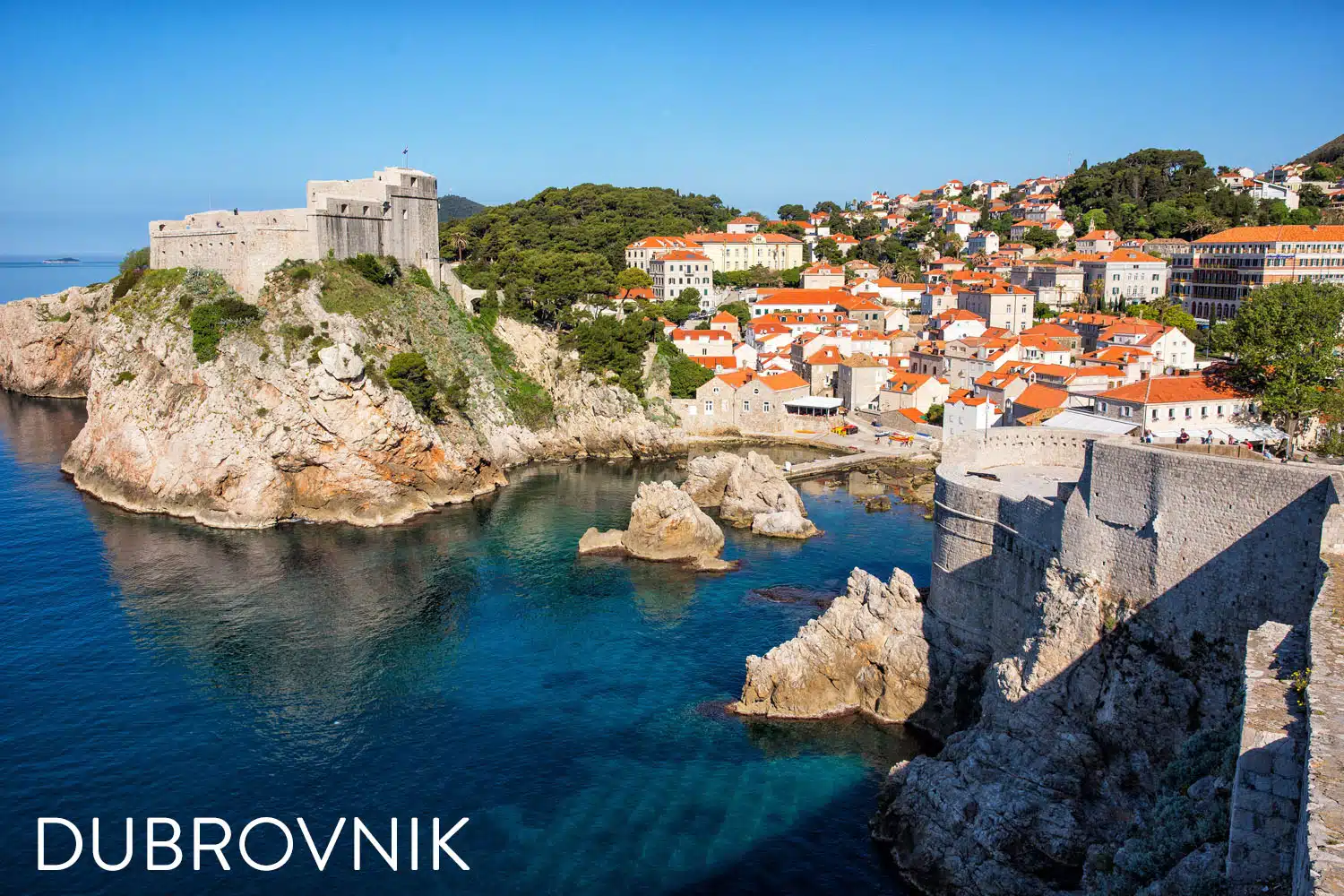
Top Experiences in Croatia
Dubrovnik. Dubrovnik is an ancient, walled medieval city on the Adriatic Sea, filled with world class restaurants and narrow cobblestoned lanes to explore. The city is one the most beautiful cities in the world and is one of our favorite getaway destinations.
Split. Split, the second largest city in Croatia, is a mix of modern life and ancient history. With ruins dating back to the Roman Empire, a bustling waterfront, and fresh seafood served daily at many of the restaurants in town, Split is well worth a visit on a tour through Croatia.
Rovinj. Rovinj is a city that tops the favorite list of many travelers to the Istrian Peninsula and we were no different. Why is this town so beloved? Rovinj is romantic, historic, and looks and feels more Italian than Croatian. With twisting city streets, a bustling, photogenic harbor, and some of the best seafood restaurants in Croatia, this is a town that is not to be missed.
Plitvice Lakes National Park. Plitvice Lakes National Parks contains 16 interconnecting lakes that vary in color from emerald green to turquoise to deep blue. Throw in several stunning waterfalls and you really have something special. At Plitvice Lakes, you walk through the beautiful park on hiking trails and on boardwalks that are suspended over the turquoise water.
Krka National Park. Krka National Park is another destination where you can find some of Croatia’s most beautiful waterfalls. With 17 majestic waterfalls spread throughout the park as well as wondrous gorges, wildlife, ancient monasteries, and hiking trails, there is much to explore here.
Pula and Cape Kamenjak. Located on the southern tip of the Istrian Peninsula, Pula and Cape Kamenjak can be combined into a perfect day trip. Pula is a sprawling, urban city that has an impressive collection of ancient Roman monuments in its compact old town. Cape Kamenjak is an outdoor paradise, with beaches, cliff diving, and one of the most unique bars we have been to yet, the Safari Bar. If you are already planning to spend one day in Pula, consider adding on the side trip to Cape Kamenjak.
Piran and Koper. Piran and Koper are two coastal towns located on part of the Istrian Peninsula called Slovenian Istria. Piran is well-known for its colorful main square, Venetian-style bell tower, beaches, and medieval walls. Koper is smaller, with boutique shops and historical sites.
Trogir. Trogir is located just thirty minutes west of Split by car. The old town is located on an island, accessible by bridges from the mainland. This town is tiny. Really tiny. You can walk from one end to the other in five minutes, if you move fast. But this tiny town is packed with charm, scenic views, and lots of great restaurants. Trogir is a peaceful and gorgeous town that should not be missed.
Brac Island. Brac is somewhat of an off-the-beaten-path destination in Croatia. The islands of Hvar, Korcula, and Mljet are more popular choices for most people. When we learned that Brac is home to the highest peak on the Adriatic islands, Vidova Gora, we couldn’t resist visiting Brac to go hiking. In the end, Brac not only lived up to our expectations, but the 24 hours we spent on this island was one of our highlights of Croatia.
Hvar Island. Hvar, named the sunniest spot in Croatia, is a paradise of startling blue waters, glorious beaches, historic town, and lively nightlife. If you are looking for a place to relax and enjoy a photogenic island, Hvar is the place for you.
Korcula Island. Korcula is a spectacular destination to visit in Croatia, for it has a beautiful old town, spectacular beaches, and some of Croatia’s best wineries. Korcula is the perfect destination for those looking for a historic place to wander that is additionally a beautiful beach paradise.
Mljet Island. Mljet is Croatia’s greenest island and is a place of unspoiled nature and alluring tranquility. With the island’s dense forests, turquoise water, high cliffs, ancient ruins, and vast beaches, Mljet is a wonderous destination for nature lovers and outdoor adventurers.
Zagreb. Surprisingly, for being Croatia’s capital, Zagreb is a destination most travelers skip during their time in Croatia. However, Zagreb is a beautiful city to explore. With colorful streets, gothic architecture, historic sites, delicious cafes, and great museums, there is much to do within the city walls that every traveler will enjoy.
Zadar. Zadar is a beautiful city on Croatia’s coast that is rich in history and nature. Similar to Dubrovnik, Zadar is a walled city with cobbled streets, Roman ruins, and beautiful beaches, making it a great destination if you want to avoid Dubrovnik’s crowds. In addition to the city’s beauty, it is nearby many popular Croatian sites including Plitvice Lakes National Park.
Motovun, Groznjan, and Zavrsje. Motovun, Groznjan, and Zavrsje are three idyllic hill towns located in inland Istria that make for great places to visit if you are road tripping through Croatia. Motovun is home to an impressive medieval fortress and great panorama views. Groznjan is a town clustered with cobblestone streets and medieval structures. And Zavrsje is a quaint quiet town that is fun to explore.
Balkan Peninsula Itinerary
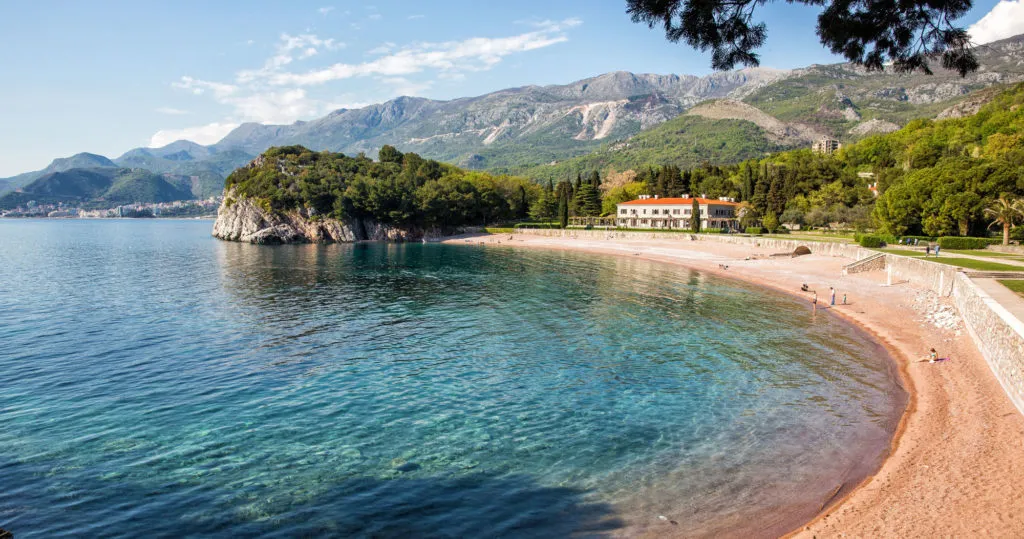
Balkan Peninsula Itinerary: Croatia, Montenegro, and Bosnia & Herzegovina
This Balkan Peninsula itinerary is perfect for those who want to explore this gorgeous corner of Europe. Tour three countries, visit coastal, medieval towns, cruise the Adriatic Sea, lounge on some of Europe’s most unique beaches, dine on fresh seafood, and climb the highest mountain in the Adriatic Sea, if you desire. Croatia is a joy to explore, Montenegro is full of surprises, and Bosnia & Herzegovina is a beautiful country with a story to tell.
Adriatic Coast
One of the best things to do in Croatia is to explore the towns and small islands along the Adriatic Sea.
11 Best Things to Do in Dubrovnik, Croatia
I think we fell in love with Dubrovnik even before setting foot in Croatia. An ancient, walled medieval city on the Adriatic Sea, filled with world class restaurants and narrow cobblestoned lanes to explore…what’s not to love? One day is all you need to see the best of Dubrovnik, although we recommend spending more time […]
Hiking Vidova Gora on the Island of Brac, Croatia
For us, traveling somewhere new does not seem complete without doing at least one hike. So when we read about the hike to Vidova Gora, the highest point on the Adriatic Islands, we were hooked. Not only would we get to break out our hiking shoes but we’d also get to explore the island of […]
Top Ten Things to Do in Split, Croatia
Split, the second largest city in Croatia, is a mix of modern life and ancient history. With ruins dating back to the Roman Empire, a bustling waterfront, and fresh seafood served daily at many of the restaurants in town, Split is well worth a visit on a tour through Croatia. If you are planning a […]
Walking the Dubrovnik Walls: Photo Tour & Helpful Tips
We had big expectations for Dubrovnik. This is a city that has been on our travel wish list for years. Why? Dubrovnik is a gorgeous city, with orange-tiled roofs and a stunning location on the crystal clear waters of the Adriatic Sea. Fortresses, ancient medieval towers, and churches dot its skyline. Dubrovnik is a beautiful […]
Walking through the Beautiful Town of Trogir, Croatia
Trogir was our introduction to the gorgeous towns that line the Dalmatia Coast of Croatia. And what a great way to start our tour of Croatia…Trogir is a gem that should be included even on the fastest of itineraries. Trogir is located just thirty minutes west of Split by car. The old town is located on […]
Where to Eat in Dubrovnik: 10 Great Restaurants to Try
Dare I say that one of my favorite experiences in Dubrovnik was eating? There are so many mouthwatering restaurants to try, and unless you are planning to be in Dubrovnik for at least a few weeks, you’ll never get to sample all of them. So, how do you decide which Dubrovnik restaurants to try? With […]
Why We Fell in Love with Brac Island, Croatia
Island hopping is one of the most popular things to do in Croatia. So, how do you decide which islands you should visit? Go to Hvar for luxury and nightlife, Mljet for nature and tranquility, and Vis for its beauty and food scene. We chose Brac for its hiking and its amazing beach, Zlatni Rat. Brac […]
Plitvice Lakes
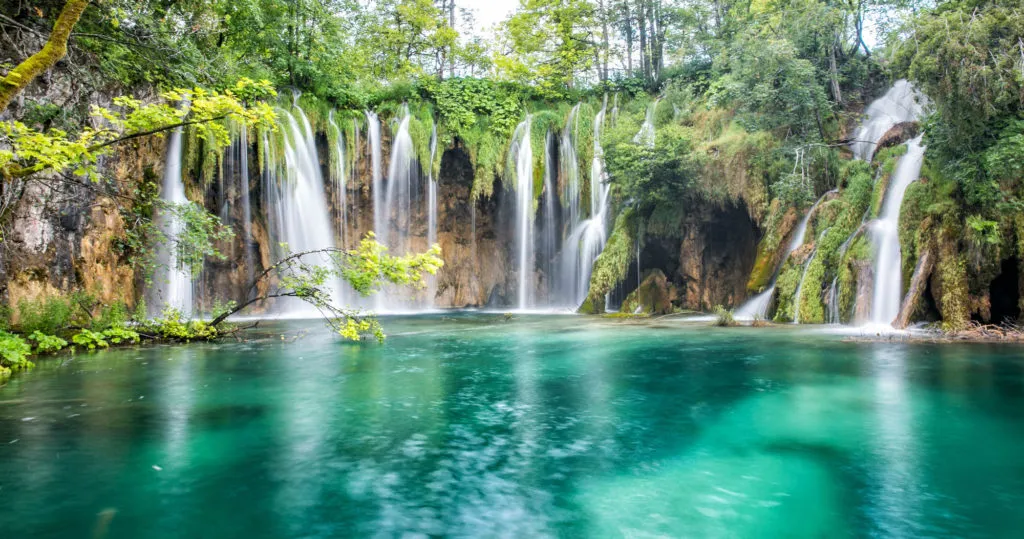
Plitvice Lakes, Croatia: Best Walking Route, Helpful Tips & Photos
Plitvice Lakes is one of the most unique places to visit in Croatia. With easy walking trails, boardwalks suspended over the turquoise water, stunning viewpoints, and photogenic waterfalls, this is the type of place that is perfect for visitors of all ages. In this guide, learn how to get to the most stunning waterfalls, how to get a bird’s eye view of the park, and how to get to the Veliki Slap viewpoint for the postcard view of Plitvice Lakes.
Istria
The Istrian Peninsula is a wedge-shaped peninsula located in northwest Croatia. It may look small on a map, but there is a lot to see and do here. Visit charming seaside towns, go cliff jumping at Cape Kamenjak, explore the hill towns, visit Roman ruins, dine on fresh seafood, and soak up the sun at the beach.
3 Days in Istria Itinerary: Where to Go, Helpful Tips & Photos
The Istrian Peninsula is a wedge-shaped peninsula located in northwest Croatia. It may look small on a map, but there is a lot to see and do here. Visit charming seaside towns, go cliff jumping at Cape Kamenjak, explore the hill towns, visit Roman ruins, dine on fresh seafood, and soak up the sun at […]
How to Spend One Day in Pula and Cape Kamenjak
Located on the southern tip of the Istrian Peninsula, Pula and Cape Kamenjak can be combined into a perfect day trip. Pula is a sprawling, urban city that has an impressive collection of ancient Roman monuments in its compact old town. Cape Kamenjak is an outdoor paradise, with beaches, cliff diving, and one of the […]
One Day in Rovinj, Our Favorite Town on the Istrian Peninsula
Rovinj is a city that tops the favorite list of many travelers to the Istrian Peninsula and we were no different. Why is this town so beloved? Rovinj is romantic, historic, and looks and feels more Italian than Croatian. With twisting city streets, a bustling, photogenic harbor, and some of the best seafood restaurants in […]
Places to Go Near Croatia
A visit to Croatia can be easily combined with nearby destinations, such as Slovenia, Montenegro, and Bosnia & Herzegovina.
10 Epic Days on the Balkan Peninsula: Croatia, Montenegro, and Bosnia & Herzegovina
For 10 awesome days we toured the Balkan Peninsula, visiting Croatia, Montenegro, and Bosnia & Herzegovina. What an incredible trip. From walking the medieval walls in Dubrovnik to viewing the spectacular landscapes of Montenegro to getting a history lesson in Sarajevo, this is one of our favorite trips of all time. Here are the highlights from […]
20 Epic Things to Do in Slovenia
Slovenia…this small, mountainous country is one of Europe’s best outdoor destinations. Hike the Julian Alps, explore the karst caves, raft the crystal clear aquamarine rivers, and paddle board on the lakes…these all make the list of the best things to do in Slovenia. If you are planning a trip to Slovenia and need some ideas […]
22 Photos That Will Make You Want to Visit Montenegro
Montenegro is a gorgeous country. With its walled coastal towns, stunning Bay of Kotor, misty mountain peaks, and off-the-beaten-path wetlands, this small country is full of surprises. Most people visit Kotor on a day trip from Croatia, but there is enough to do here for days, even weeks. We had just two days here, which […]
9 Must-Have Experiences in Sarajevo
Sarajevo, the capital of Bosnia and Herzegovina, is a city with a tumultuous history. WWI started here in 1914 with the assassination of Archduke Ferdinand of Austria. In 1984, Sarajevo was broadcasted into homes all over the world, as millions of people tuned in to watch the Winter Olympics. Just 6 years later, the world […]
Best Things to Do in Mostar, Bosnia & Herzegovina
The town of Mostar is one of Bosnia & Herzegovina’s most popular destinations. With cobblestoned streets, old stone buildings, and its beautiful bridge spanning the picturesque Neretva River, this town looks like it was plucked from the pages of a fairytale. This small town attracts thousands of visitors per year. Seeing Stari Most, the Old […]
One Day in Piran and Koper: How to Plan Your Day Trip
Piran and Koper are two beautiful coastal towns located in Slovenia. Piran is well known for its colorful main square, medieval walls, Venetian-style bell tower, and access to beaches. Koper is smaller, but with its narrow, boutique-lined streets and historical sites, it is worth a quick visit. In this article, learn how to spend one […]
Europe Travel Inspiration & Practical Info
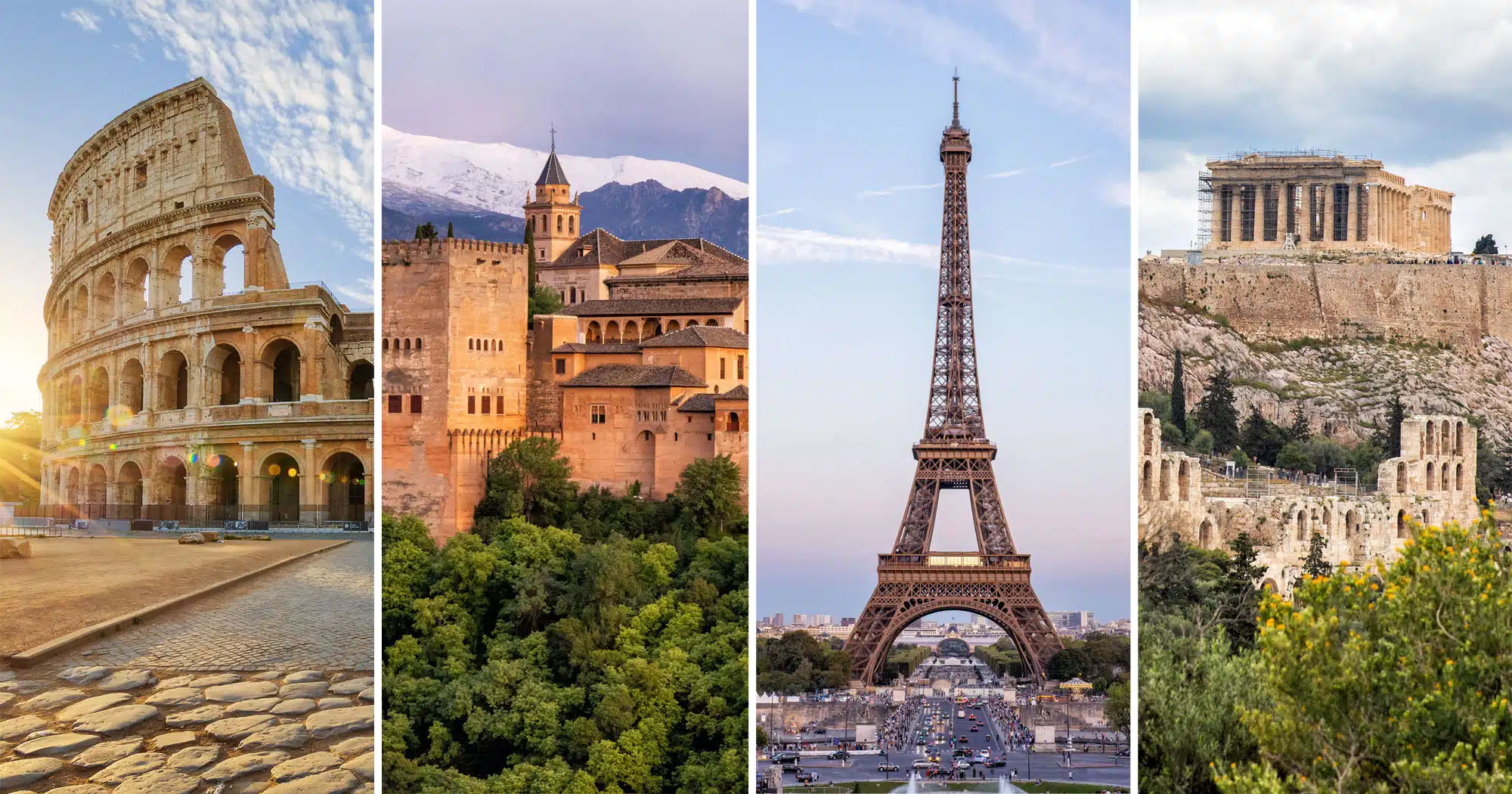
30 Popular Tourist Attractions in Europe & How to Visit Them
From world class museums and ancient archaeological sites to stunning natural wonders, Europe boasts a diverse array of attractions that attract millions of visitors every year. Here are 30 of the most popular tourist attractions in Europe and how to visit them.
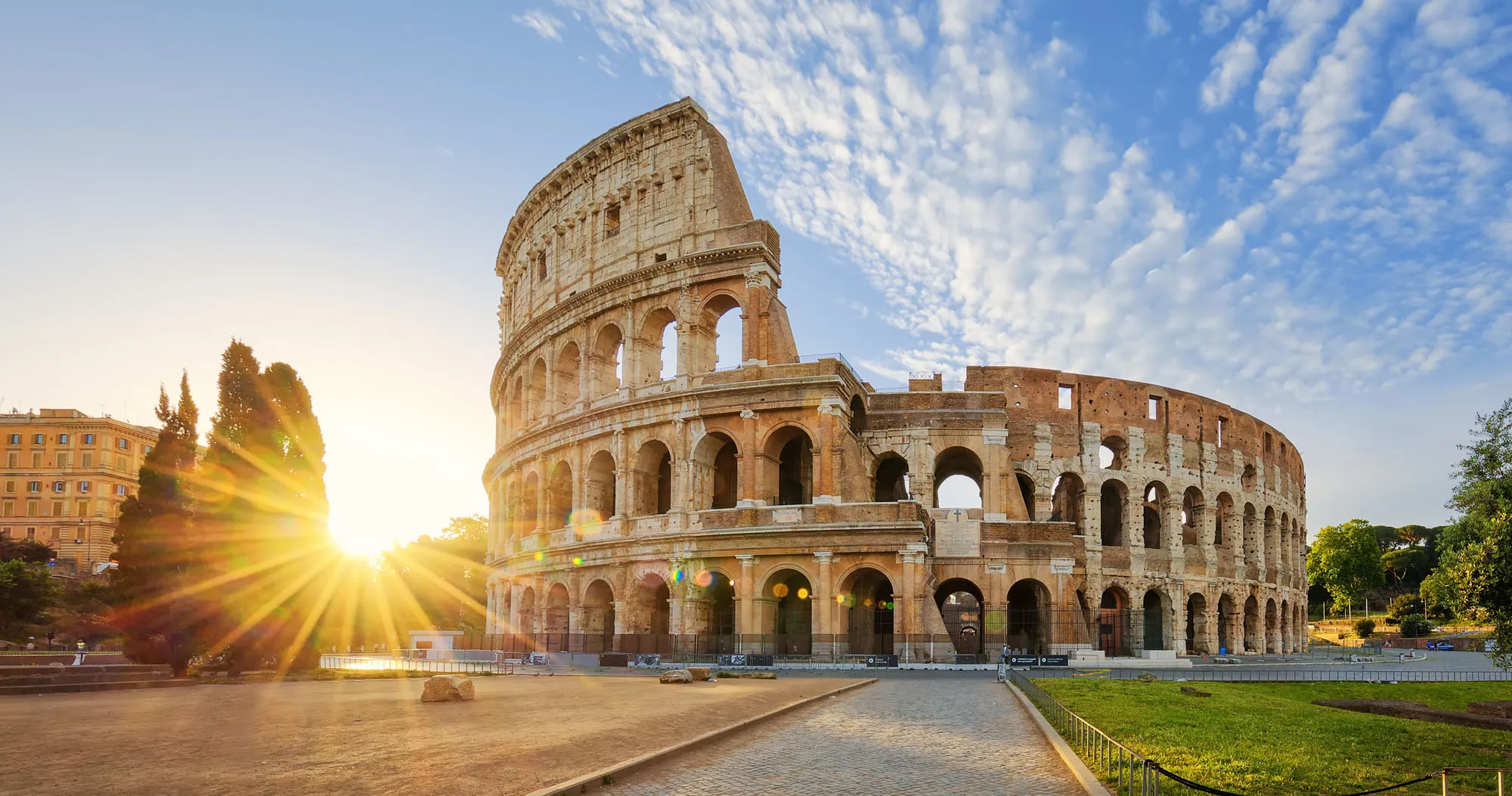
One Week in Europe: 25 Epic Itineraries
Do you dream of visiting world-class cities like Paris, Barcelona, or Venice? Or would you rather hike the Alps, go on a scenic train ride, explore the beautiful beaches and coastal towns in southern Europe, visit fairytale towns and castles, island hop in Greece, or go on an unforgettable road trip in northern Europe?
In this article we list 25 ways to spend one week in Europe.
10 Days in Europe: 10 Amazing Itineraries for Your Next Trip
Europe is a joy to explore. With world-class cities, medieval towns, historical sites, the snowcapped Alps, gorgeous beaches, and some of the world’s most delicious food, you have the perfect ingredients for your next vacation. If you want to spend 10 days in Europe, we have ten amazing itineraries to share with you. In this […]
15 Things You Should Know about Renting a Car in Europe
Having a car provides a lot of freedom and convenience when traveling through Europe. You can travel at your own pace, stop frequently to take in the view, and get to some places that are difficult to reach with public transportation. However, there are some things to know about renting a car in Europe. Knowing […]
30 Beautiful Places to Visit in Europe (+ Map and Photos)
It is no secret that Europe is filled with beautiful places to visit. With its grand cities, fairytale-like towns, soaring mountain ranges, and gorgeous beaches, there is a seemingly endless list of gorgeous places to explore. Whether you are planning your next trip to Europe, or just trying to figure out where to travel to […]
7 Things to Know When Planning Your First Trip to Europe
If you are planning your first trip to Europe, it can be an overwhelming experience. Where should you go? How much will it cost? How many places can you visit? Does this sound familiar? We get emails every day from people who want advice planning their first trip to Europe. And we see the same […]
Best Hikes in Europe: Our 20 Favorite Day Hikes
Europe is one of our favorite places to go hiking. There’s no better way to explore the dramatic and varied landscapes here, from the snow-capped Alps to coastal trails to the remote, volcanic interior of Iceland. In this guide we list 20 of the best hikes in Europe, 20 amazing ways to explore this beautiful […]
Travel Photography Gear Guide: What’s In Our Camera Bag
Do you want to know how we capture the images that you see on our website? Here is our photography gear guide, with links and explanations of our photography gear and accessories. At the end of this post, we offer tips and tricks on how to take better photographs while traveling. Photography Gear Guide The […]
Best Time to Visit Croatia
The most popular time to visit is during the summer months from June through September. The weather is generally hot and sunny, with a low chance of rain. Expect larger crowds and make your hotel reservations and dinner reservations in advance.
The shoulder season (April, May, and October) is a great time to visit Croatia if you want lower crowds and still have pleasant weather. Our first visit to Croatia was in April and the daily temperature was around 70°F (21°C) with cooler nighttime temperatures. It was a little bit chilly to go to the beach, but we did see people swimming. Crowds were low, we never had to wait in any lines, over 90% of restaurants were open and we never had to make a reservation.
Some restaurants and hotels will be closed during the low season (November through March) particularly in the coastal towns.
